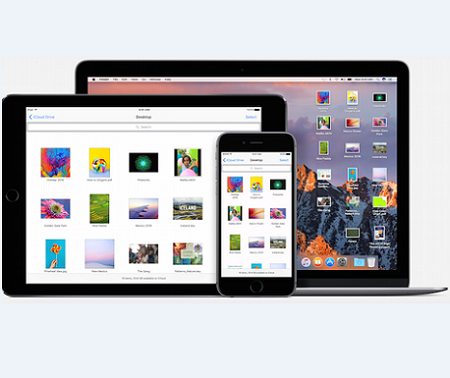iPhone 6, iPhone 6 Plus Face Ban In Beijing
Intellectual property regulators in Beijing have ordered Apple to stop selling its iPhone 6 and iPhone 6 Plus in China's major city, claiming they violate patents held by a Chinese smartphone maker.

iOS 10, MacOS, WatchOS Updates: WWDC Up Close
iOS 10, MacOS, WatchOS Updates: WWDC Up Close (Click image for larger view and slideshow.)
Apple's China business has taken another hit, as Beijing's intellectual property regulators have order the iconic computer maker to halt sales of its iPhone 6 and iPhone 6 Plus in that major city.
The Beijing Intellectual Property Office ruled that Apple's current slate of iPhone smartphones violates the patents held by China smartphone maker Shenzhen Baili for its 100C phone, according to a Bloomberg report.
Apple has appealed the May ruling that claims it copied the 100C smartphone's exterior design, Forbes reports, but it is not clear whether the case will work its way through the legal system. Regardless, the order will take effect before Apple comes out with its next-generation iPhone -- the iPhone 7. The company traditionally releases new iPhone models in September.
While the iPhone 6 ban only applies to the city of Beijing, and while a court may ultimately rule in Apple’s favor, the patent infringement order can nonetheless cause problems for Apple. The ban marks the latest challenge the company faces in China, one of its major markets outside the US.
In Beijing, some mobile stores are already halting sales of the iPhone 6 and iPhone 6 Plus, since the intellectual property office order came out in May, reports The Wall Street Journal.
[Read more about iPhone sales and the importance of these Chinese market.]
During its fiscal second quarter, Apple attributed a drop in iPhone sales as contributing to its first quarterly decline in revenue and net profits in the past 13 years. Apple's China market, which is its second largest market after the US, posted a 26% revenue decline during its latest quarter.
Apple has encountered other troubles with China, as well:
2012: Apple coughed up $60 million, according to Bloomberg, to pay Proview International Holdings to settle legal case regarding its right to use the iPad name in China.
2013: Tim Cook apologized to the Chinese after state media alleged the company provided inadequate warranties and poor customer service, Bloomberg reported.
April: Apple's iTunes Movies and iBooks services were shut down by Chinese authorities, who claimed the company lacked the appropriate licenses, according to The Journal.
May: Apple loses court battle to prevent an accessories maker from using its "iPhone" trademark on its projects, Bloomberg reported.
With China such a crucial market for Apple, and with troubles with its bread-and-butter iPhone flaring up in that country, it follows that Cook would visit Beijing, which he did in May, and, according to MarketWatch, have Apple invest $1 billion in that city’s ride-sharing company Didi Chuxing Technology.
About the Author(s)
You May Also Like
How to Amplify DevOps with DevSecOps
May 22, 2024Generative AI: Use Cases and Risks in 2024
May 29, 2024Smart Service Management
June 4, 2024








